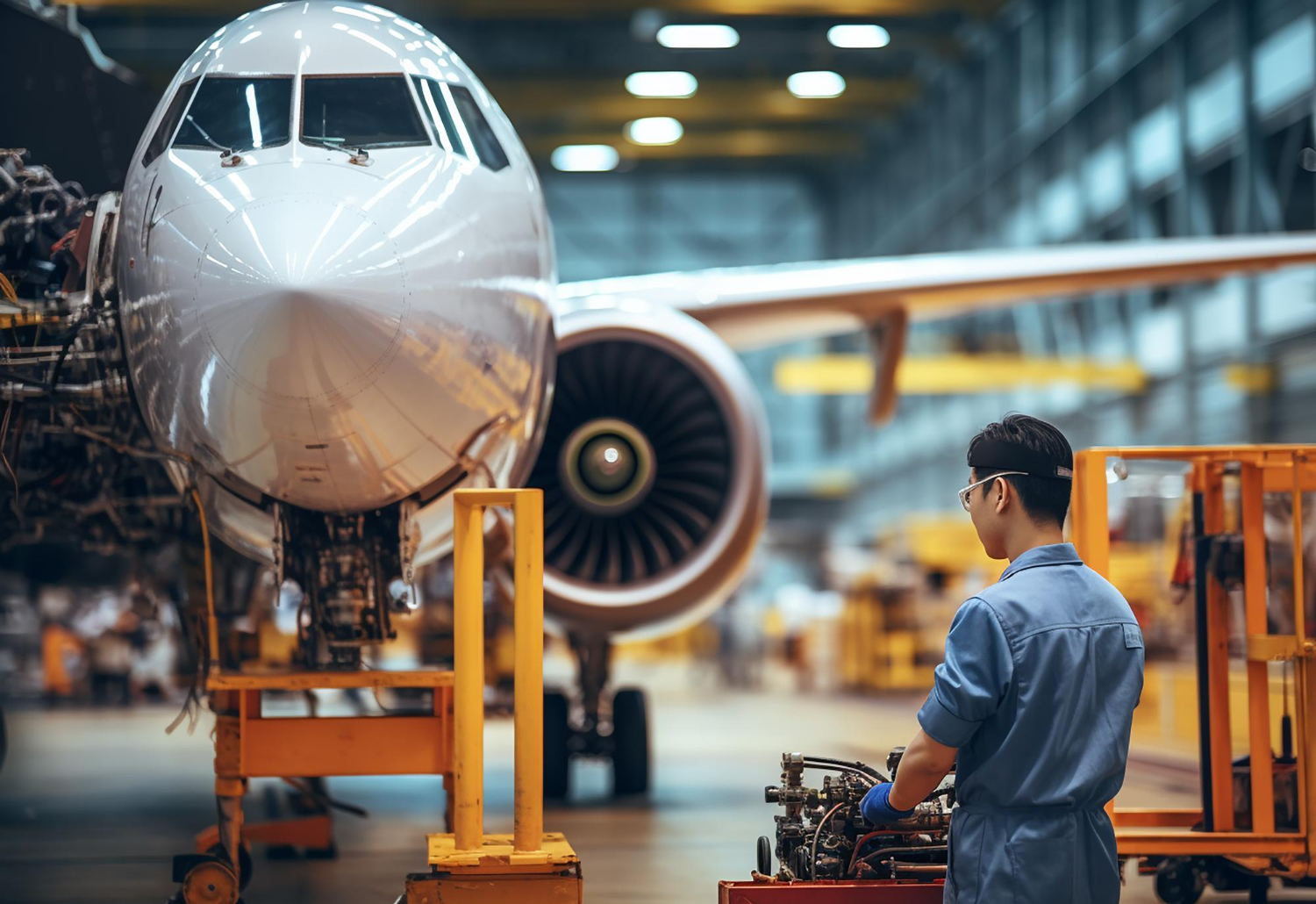
In the dynamic domain of engineering, the quest for lighter yet stronger materials is perpetual. This pursuit has led to significant breakthroughs in gear manufacturing, with advanced materials like carbon fibre and graphene emerging as game-changers.
In this article, we will explore the innovative world of advanced materials, exploring their applications, benefits, and impact on gear manufacturing processes.
Carbon fibre, known for its exceptional strength-to-weight ratio, has revolutionized numerous industries, including aerospace and automotive. In gear manufacturing, CFRP offers unmatched durability and lightweight properties, making it an ideal choice for high-performance applications. Its superior stiffness and fatigue resistance ensure prolonged gear life, reducing maintenance costs and enhancing operational efficiency.
Graphene
Graphene, a two-dimensional allotrope of carbon, has garnered attention for its remarkable mechanical, electrical, and thermal properties. Despite its thinness, graphene exhibits unparalleled strength and conductivity, making it a promising candidate for gear manufacturing. Its exceptional lubricity reduces friction and wear, enhancing gear longevity and efficiency. Additionally, graphene’s high thermal conductivity facilitates better heat dissipation, mitigating the risk of overheating in demanding operating conditions.
Aerospace Industry
In the aerospace sector, where weight reduction is paramount, advanced materials play a pivotal role in enhancing fuel efficiency and performance. Carbon fibre gears offer substantial weight savings without compromising strength, making them indispensable components in aircraft propulsion systems and rotorcraft transmissions. Graphene-coated gears exhibit reduced friction and wear, ensuring reliable operation in aerospace applications.

Automotive Sector
The automotive industry continually seeks innovative solutions to improve vehicle performance and fuel economy. Advanced materials like CFRP and graphene are increasingly incorporated into gear systems to achieve these objectives. Carbon fibre gears contribute to vehicle weight reduction, enhancing acceleration and handling, while graphene-infused lubricants improve efficiency and durability, prolonging gear life and reducing maintenance intervals.

Enhanced Performance
Advanced materials offer superior mechanical properties, such as high strength, stiffness, and fatigue resistance, resulting in enhanced gear performance and reliability. Reduced weight leads to improved efficiency and manoeuvrability, particularly in high-speed and high-load applications.
Increased Durability
Carbon fibre and graphene exhibit exceptional durability, prolonging gear life and reducing the need for frequent replacements. Their resistance to corrosion, abrasion, and fatigue ensures reliable operation even in harsh environments, minimizing downtime and maintenance costs.
Improved Efficiency
The low friction coefficients of advanced materials minimize energy losses due to frictional heating, resulting in improved gear efficiency and reduced power consumption. Enhanced thermal conductivity facilitates better heat dissipation, preventing overheating and extending gear lifespan.
While the adoption of advanced materials in gear manufacturing presents numerous benefits, certain challenges remain. These include the high cost of raw materials, complex manufacturing processes, and limited scalability. Addressing these challenges requires ongoing research and development efforts to optimize material performance, streamline production processes, and reduce costs.
The exploration of advanced materials in gear manufacturing represents a significant leap forward in engineering innovation. Carbon fibre reinforced polymers (CFRP) and graphene offer unparalleled strength, durability, and lightweight properties, revolutionizing industries such as aerospace and automotive. Through their applications in gear systems, these materials contribute to enhanced performance, increased durability, and improved efficiency, ultimately driving advancements in fuel economy, operational reliability, and maintenance cost reduction.
The aerospace and automotive sectors particularly benefit from the integration of advanced materials, where weight reduction is crucial for improving fuel efficiency and performance. Carbon fibre gears and graphene-coated components enable substantial weight savings without compromising on strength or reliability. Moreover, the exceptional mechanical and thermal properties of these materials ensure reliable operation in demanding conditions, contributing to extended gear lifespan and reduced maintenance intervals.
Despite the evident advantages, challenges such as high material costs, complex manufacturing processes, and limited scalability persist. Overcoming these challenges necessitates ongoing research and development efforts aimed at optimizing material performance, refining production techniques, and driving down costs.
Looking ahead, the continued evolution of advanced materials holds tremendous promise for further enhancing gear manufacturing processes. As research progresses and technological advancements are made, the widespread adoption of these materials is expected to become more feasible, unlocking even greater potential for innovation in gear design and performance. By addressing current challenges and capitalizing on future opportunities, the engineering community can pave the way for a more efficient, reliable, and sustainable future in gear manufacturing.